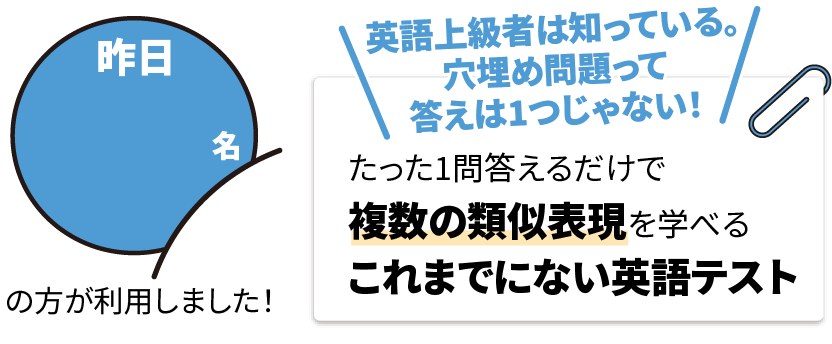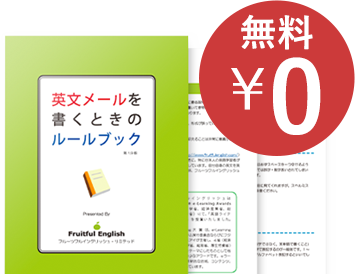5日に渡りデイビット先生が記事をお届けしました。
David先生は、
フォーチュン100企業で働いたり、ドットコムベン
チャーのスタートアップにも携わったりと
アメリカでのビジネス経験が非常に豊かで、
日本文化や日本語そして日本の企業文化にも精通しています。
そのネイティブから見た
日本人のビジネスマン英語の改善点について
今日は5つの改善点をまとめてもらったので
職場で英語を使っている方は参考にして下さいね!
1. A need to improve in speaking directly
and state the main point of the matter.
Japanese people often imply and infer rather than verbalize
directly and they place a high importance on the impact of body
language, paraverbal features, relationships, emotion and other
non-verbal communication. English speakers tend to get right
to the point and may get impatient if others are not clear. A
Business English Course can help people learn how to speak
directly without sounding too strong or overbearing.
2. A reluctance to communicate issues or problems with others.
There is a tendency to not address issues or problems until
they have become very big problems. Once they become big
problems, communication tend to be critical and unproductive.
A Business English Course can show how one can point out
problems in a productive way without offending the recipient of
the correction.
3. Japanese rarely say, “no” in meetings or conversations.
Again, this is where people infer that they mean “no”
without actually saying it. Westerners are not very good
in understanding non-verbal communication. They may
misinterpret someone’s “no” as a “yes”. A Business English
Course can help the student learn methods to clearly
communicate a “no” while maintaining the other person’s
dignity and keep a bridge of communication open.
4. Japanese tends to take time on making decisions.
Westerners tend to want move forward faster.
Westerners may get frustrated at the pace of how Japanese
build consensus and make business decisions. A Business
English Course can help one learn how to continue engaging a
client, partner, or vendor while communicating urgency.
5. Others
Learn how to communicate in a way to motivate the other party
to action or be more service oriented.
Learn to speak succinctly, using fewer words to state or express
an idea and reduce wasted words.
Communicate proper business thank-you letters and e-mails.
全部英語でしたけど、大丈夫でした?
私達が見る限り、
ほとんどの方の問題は、
英語自体の問題というよりは、
伝え方の問題を抱えていらっしゃるようです。
英語上級者は、文法や語彙ではなく、
シンプルで直接的ながらも丁寧さを欠かさない
より上位レベルの英語表現を学んで下さい。
英語には丁寧語はあっても、敬語、謙譲語がない?!
誰が伝えたか知りませんが、それは本当ですか?
英語でも謙(へりくだる)表現はもちろんあります!
ないはずがないです!これからはそういうことを学んで下さい。
フルーツフルイングリッシュでは、これからも
英語の改善が急務な方に、文法力だけでは達成が難しい
伝わる英語の使い方を教えていますのでご期待ください。
※このブログでは英語学習に役立つ情報アドバイスを提供していますが、本ブログで提供された情報及びアドバイスによって起きた問題に関しては一切、当方やライターに責任や義務は発生しません。
※ここでの情報や助言を参考に英文を書いたり下した判断は、すべて読者の責任において行ってください。ここに掲載されている記事内の主張等は、個人の見解であり当社の意見を代弁・代表するものではありません。







 (イイネ!は押されていません)
(イイネ!は押されていません)

























